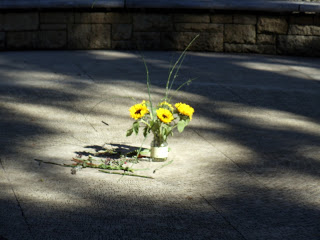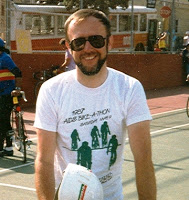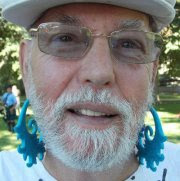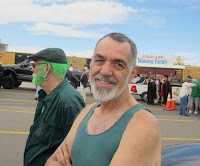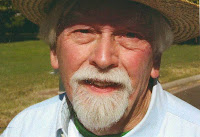A minister I had met just that day asked me, “Should we kiss now or later?”
“Now’s fine,” I flippantly responded wondering if he was kidding. He wasn’t.
He pushed me against the wall, pressed his body against mine, kissed me full on the lips, stuck his tongue in my mouth. He seemed to be boiling over with passion while I had been expecting a laugh or a nice, gentle kiss. Perhaps he sensed I would end up getting more than I had agreed to and wanted to make his claim. I wasn’t asking for anything from him, but I did get quite a lot.
That morning three of us, including a regional minister, a pastoral minister, and I, an associate minister, traveled together. I was excited about the trip to a city several hours south of where we lived. Since we travelers wanted to get to know one another better, we all rode in the front seat. (Obviously the events occurred before bucket seats became standard.) Being the youngest, I sat in the middle with my feet on the hump. A few miles down the road the muscles of my lower back started to tighten. There just wasn’t enough room for both feet to be comfortable so I placed my right foot in the well next to the pastoral minister’s feet. My leg rested against his. I was able to relax and was pleased that he didn’t pull away. So I rested my leg there much of the way to the town where we were to lead religious education workshops the next day. I was slated to room with this same man.
We checked into the hotel and had a short break before dinner at a nearby restaurant where we would join other workshop leaders. As we waited, the minister and I talked freely about his work as pastor and my as an associate. From our conversations on the way down, I knew of this pastor’s singular work in communications and education and of a literature program in the congregation he now led. I clarified some questions about his programming and also got a feel for his personality. As we talked, he complimented me on my personality and intelligence and said how much he thought of the minister I worked with. A few minutes before leaving the room to meet the other leaders, he asked if we should kiss. After we kissed, he indicated he had liked my leg next to his and took it to be an invitation for us to do more together. I knew our touch could be interpreted in that way and realized that I may have actually hoped to be accepted thus, but still I felt shocked by his passion. I may have said something corny like, “Thank you.” At least, I should have.
I didn’t like the live music in the restaurant. It was too loud and not one of my favorite styles. After dinner we took a walk along the riverfront but due to the cool air soon returned to our room. There we opened up to one another even more, much more than kissing. There was massage and, eventually, sex. He took the lead but the next morning told me he had never shared sex with another man who was so active. I guess he thought I should simply play a role of passive bottom for him, but I was too creative, too excited by the things we were doing together. I was the most top-like bottom he had met. He told me, somewhat prematurely I thought, that he was pretty sure he could fall in love with me.
Now I knew about love. I knew quite a lot about sex. I knew even more about myself. And now I’m describing my vulnerability—a sexual vulnerability—a readiness to open myself to a man I didn’t even know but who I saw others trusted. Why was I so ready to kiss him with passion? Why was I so ready to have full-out sex? I was up against a new kind of gay experience like that in books I had read, one that was ready to have sex with almost any available man. Here I was opening up to a discrete, married man who was horny as a goat and who saw me as a delectable younger fruit ready for the picking. But that last perception was to occur to me only later. Here was a man who proposed we kiss. I was ready. I was aware that the kiss could lead to more.
I had long experienced the tension between being vulnerable and defended in the sexual arena. The year before I had fallen in love with a male friend but had pledged myself not to go sexual with him. After all, he was a newly-wed. At about that same time my wife in frustration said, “I just wish you’d get your sex somewhere else.” Those conditions set me up for what happened, but I’m not looking to blame anyone. There were more contributors, for example, I had not had male-to-male sex since age fifteen. And, of course, that evening I was away from home with a stranger who desired me. I was needy and not shocked by my condition. I was also lucky. This late 70s sex without protection with a man who had lived and worked in large cities did not leave me with an STD.
I was vulnerable not only to the sex that night; I was also ready to have an affair. I had heard his words of maybe-love and a couple of weeks later, when I called him, I realized that he must be running scared, even experiencing guilt feelings. That didn’t suit me. I didn’t want the guilt feelings of another to spoil our relationship as it surely would have. My formidable defenses arose. I never called back.
Several years later when I saw the pastoral minister at a regional conference, he said, “Let’s go fuck.”
I responded, “I don’t have time.”
He countered with a smile and a chuckle, “I thought you’d say that.”
About the Author
Read more at Phillip’s blog artandmorebyphilhoyle.blogspot.com

